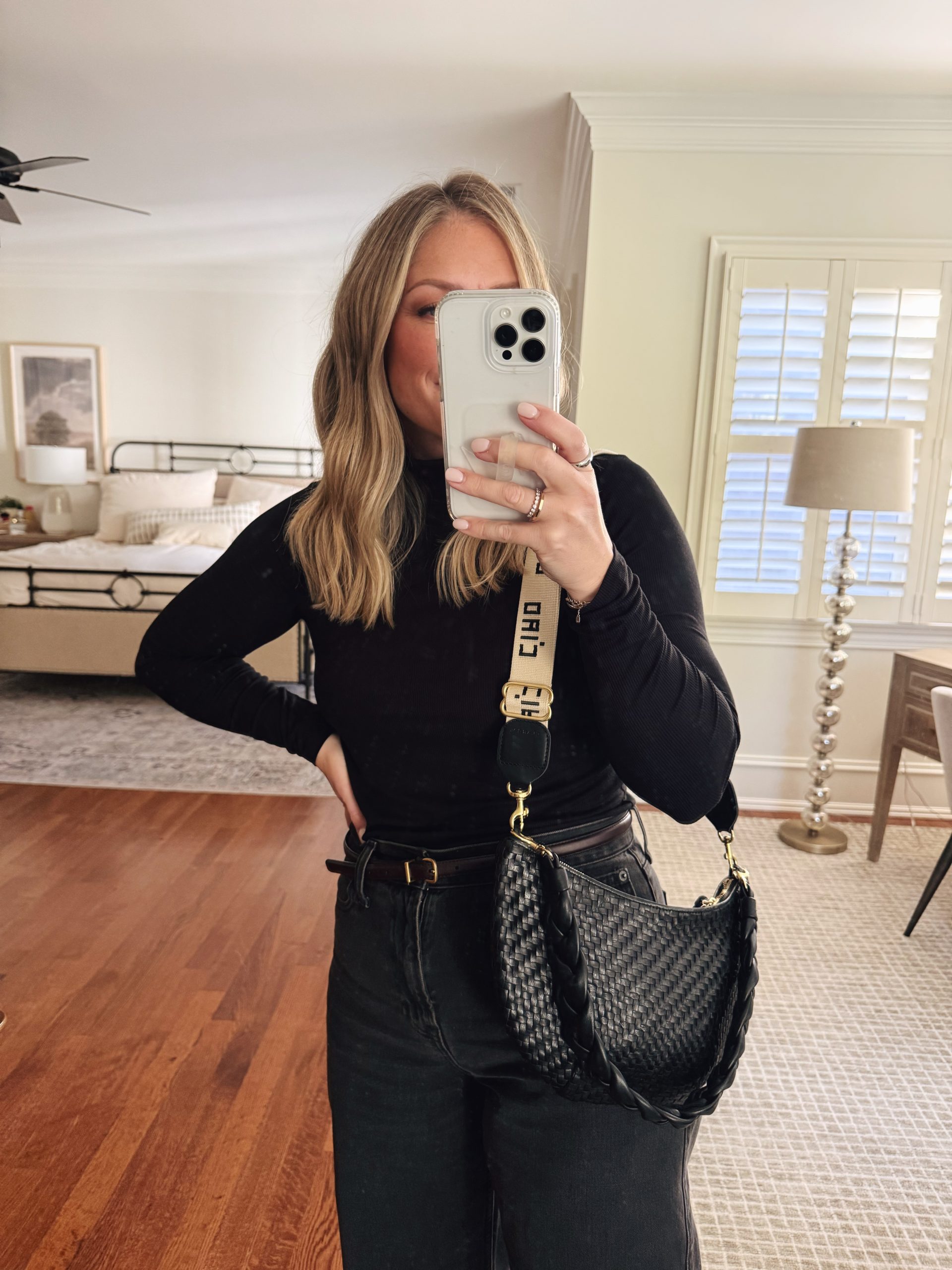

Image Credit @ Emma Summerton for Harpers Bazaar UK
Getting a good night’s sleep is crucial for overall health and wellbeing, not to mention gorgeous, glowing skin. Poor sleep can lead to a range of issues, from decreased productivity to increased risk of chronic diseases. Fortunately, there are many ways to improve your sleep health. From simple lifestyle changes, dietary advice, and supplements that can help you achieve better sleep, here are some great places to start.
Image Credit @ Emma Summerton for Harpers Bazaar UK
5 Tips To Improve Sleep Health
Create A Sleep-Friendly Environment
Your bedroom should be a sanctuary for sleep. Keep it dark, quiet, and cool. Use blackout curtains or an eye mask to block out light, and consider using earplugs or a white noise machine to mask disruptive sounds. Maintain a temperature between 60-67°F (15-19°C) for optimal sleep conditions.
Establish a Consistent Sleep Schedule
Go to bed and wake up at the same time every day, even on weekends, as much as possible. This helps regulate your body’s internal clock, making it easier to fall asleep and wake up naturally.
Image Credit @ Emma Summerton for Harpers Bazaar UK
Develop a Relaxing Bedtime Routine
Engage in calming activities before bed, such as reading, gentle stretching, or meditation. Maybe an evening bath or shower is critical to your routine? Try and keep it the same each night, and avoid using your phone right before bed. This signals to your body that it’s time to wind down and prepare for sleep.
Manage Stress
High stress levels can significantly impact sleep quality. Practice stress-reduction techniques like deep breathing, progressive muscle relaxation, or journaling before bed.
Image Credit @ Emma Summerton for Harpers Bazaar UK
Exercise Regularly
Regular physical activity can improve sleep quality and duration. Aim for at least 30 minutes of moderate exercise most days of the week, but avoid vigorous exercise close to bedtime.
Eat Your Way To Better Sleep
There are several changes you can make to your diet to improve your sleep. Limit caffeine consumption, especially in the afternoon and evening. Caffeine can stay in your system for up to 8 hours, potentially disrupting your sleep. You should also avoid large meals before bed, because eating heavy meals close to bedtime can cause discomfort and disrupt sleep. If you’re hungry, opt for a light snack instead. Additionally, certain foods may help promote sleep. These include cherries, which are a natural source of melatonin, nuts like almonds and walnuts, which contain magnesium and melatonin and fatty fish, rich in vitamin D and omega-3 fatty acids, which may improve sleep quality.
Read more about foods to help you sleep.
Image Credit @ Emma Summerton for Harpers Bazaar UK
Can Supplements Help?
Several natural supplements have shown promise in improving sleep. Melatonin is a hormone naturally produced by your body that regulates sleep-wake cycles. Melatonin supplements may help with jet lag or shift work-related sleep issues. Magnesium supplements may improve sleep quality, especially in older adults. Valerian Root may help improve sleep quality and reduce the time it takes to fall asleep. L-Theanine, which is found naturally in tea leaves, L-Theanine may help reduce stress and anxiety, promoting relaxation and better sleep.
Is NAD+ The Supplement You’ve Been Waiting For?
What If Nothing Works?
Seeking professional help may help tackle sleep-related issues that can’t be improved by making simple lifestyle and diet changes. Sleep clinics like OneWelbeck’s Sleep Centre offer advanced diagnostics pathways for patients with sleep issues. Their multi-specialty approach involves consultants from Respiratory, Neurology, ENT, and Cardiology. The Sleep Diagnostics Pathway includes blood tests, an at-home overnight sleep study, and a consultation with a respiratory sleep doctor. Treatment options are discussed based on results, which may involve referrals to other specialists. The centre addresses various sleep disorders, including snoring, sleep apnoea, and insomnia, using cutting-edge techniques and devices.
READ NEXT: Sleepwear Brands To Know Now | White Noise For Sleep
© Wendy Rowe. All Rights Reserved.






